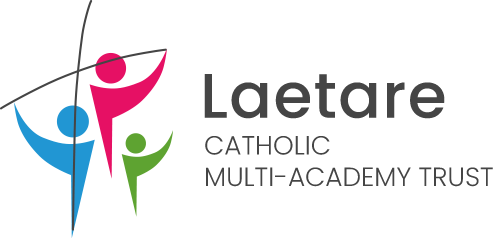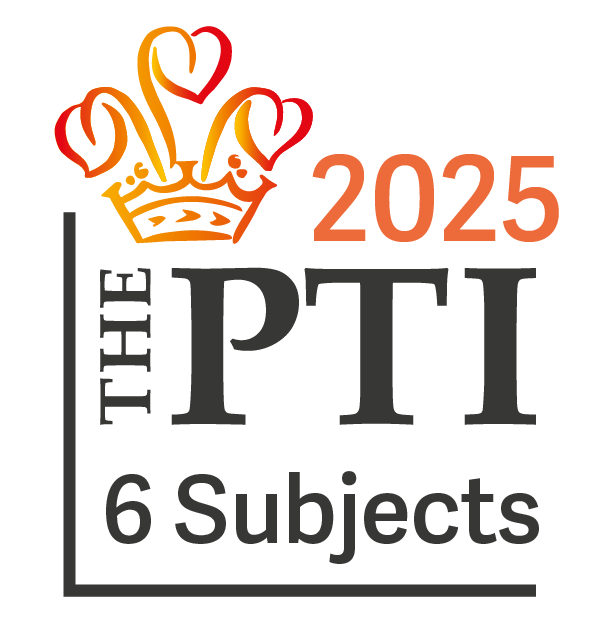British Values
The concept of "British values" was formally articulated by the UK Government in the Prevent Strategy (2011), aiming to counteract extremism and religious radicalization among young people. The defined core British values include democracy, rule of law, individual liberty, mutual respect, and tolerance of different faiths and beliefs. These principles not only shape societal norms but also serve as a cornerstone for educational institutions to foster well-rounded and socially responsible citizens..
Integration of British Values in Catholic Education
Catholic educational institutions recognize the intrinsic alignment between British values and Christian principles, positioning these values as essential to the holistic development of pupils. According to Paul Barber of the Catholic Education Service, Catholic schools uphold values that are both "Catholic and British," promoting inclusivity, diversity, and high educational standards across socioeconomic and faith-based demographics. The emphasis on respect, tolerance, and democratic engagement underscores the mission to foster community cohesion and social responsibility.
British Values Defined:
1. Democracy: Encouraging participation in collective decision-making processes, reflective of respect for diverse viewpoints and individual agency.
2. Rule of Law: Understanding and adhering to established legal frameworks as a basis for a fair and just society.
3. Individual Liberty: Empowering individuals with the freedom to make choices while respecting the boundaries of societal norms.
4. Mutual Respect: Valuing the inherent dignity of all individuals, fostering relationships built on trust and equality.
5. Tolerance of Those with Different Faiths and Beliefs: Cultivating an inclusive mindset that celebrates diversity and promotes peaceful coexistence.
British Values at St. Edward’s College
At St. Edward’s College, the curriculum extends beyond academic excellence to emphasize the spiritual, moral, social, and cultural (SMSC) development of students. This holistic approach ensures that students are equipped to contribute meaningfully to society, aligning personal growth with a commitment to the Common Good. The educational ethos draws inspiration from Catholic Social Teaching and the example of Jesus Christ, who embodied inclusivity, compassion, and service.
· Formation of the Whole Person: The College emphasizes personal vocation, purpose, and ethical responsibility, nurturing students' unique identities while promoting communal harmony.
· Celebration of Diversity: Individual differences are not only respected but celebrated as essential components of a thriving, cohesive community.
· Service to Others: Aligning with the Catholic Christian ethos, students are encouraged to act selflessly and contribute positively to the well-being of others.
The integration of British values into this framework serves as both a complement and a reinforcement of the College’s Catholic identity. Democracy, the rule of law, individual liberty, mutual respect, and tolerance are not merely abstract principles but are lived out in practices and policies, shaping students into active and conscientious members of British society.
By embedding these principles within its Catholic Ethos, St. Edward’s College exemplifies the practical synergy between faith-based education and societal expectations, fostering
individuals prepared to engage thoughtfully and compassionately in an increasingly pluralistic world.
The examples that follow are an indication of some of the many ways we seek to embed British values at St Edward’s College and should be seen as an indication of our approach rather than an exhaustive list.
Democracy
· Highlighting the development of democratic ideas in history lessons.
· Taking part in debates.
· Allowing pupils to vote for form captains
· Ensuring all pupils are listened to by adults.
· Inviting MPs and other speakers to the school.
· Visiting parliament.
· Holding mock elections.
· Head Boy and Head Girl meet the Head of Sixth Form regularly.
The Rule of Law
· Having a clear behaviour policy that is explained to all.
· Organising visits from the police service to reinforce the message of right and wrong.
· Highlighting the rules of the Church and God in the RE curriculum, for example the 10 commandments and the Precepts of the Church.
· Teaching about the development of the Rule of Law in English Law, a legal system created uniquely in a Catholic England, inspired by Christian values and becoming a major influence across the world.
Individual Liberty
· Encourage pupils to be independent in their learning.
· Mutual respect.
· Having a mission statement that is inclusive.
· Constantly promoting respect for others as good manners – our 5 Keys
· Reinforcing the value of everyone’s opinions in class debates.
· Having an effective anti-bullying policy.
· Emphasising in RE and PD lessons that every person is unique and “created in the image of God”.
· Remembrance Activities and visit to Battlefields.
· Supporting charitable works.
Tolerance of those with different faiths and beliefs
· Religious Education provides pupils with a deep understanding of their own faith as well as awareness of the faith and traditions of other religious communities as a basis for understanding and respecting them.
· Show how Jesus encouraged tolerance in stories such as The Good Samaritan.
· Support for the Holocaust Trust and annual trip to Auschwitz by the Senior Prefects.
· PD inputs on tolerance and Human rights.
· A freely accessible chapel which is open for all faiths to use.










